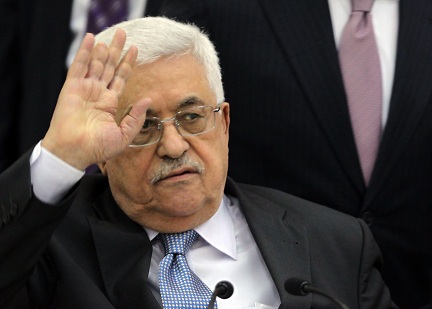
“Dialogue is urgently needed” in Egypt US Secretary of State Hillary Clinton said on Wednesday. A new Egyptian constitution should protect the rights of women and minorities she said but did not comment on the proposed constitution that is up for referendum.
Many Egyptians are angry with the US and Secretary Clinton in particular for showing support for President Mohamed Morsy after his election victory this summer.
Jon B Alterman, director of the Middle East programme at the Washington based Center for Strategic and International Studies, said viewing the US response to Egypt’s first democratic elections as supporting Morsy was a misguided way. “I would say there is no outright support of Morsy,” he said. “There is support for a democratically elected president, which is not support for this government, but rather support for a process that has led to this government now and in the future will lead to governments of all political stripes. For the US it is not about the outcome, but the process.”
Now that process may be in danger. There are many reasons that protesters marched on the Presidential Palace Tuesday evening, but one that many of them share with the current US administration is the notion that the future of Egypt should remain open to competitive political ideologies.
Alterman said he believes the timing of Clinton’s comments can be contributed to a “genuine sense of concern.” He went on to say that this concern was being felt throughout the administration. “I think there is genuine concern that things could take a turn that is very hard to correct. There was concern about the presidential decree and there is concern about a polarisation in Egypt. What is clear in everyone’s mind is that we are in the middle of a process. If that process gets waylaid or short-circuited in some way that leads to violence or authoritarianism, the results will be felt for a very long time.”
During the US state department’s daily press briefing on Tuesday, which, because of the time difference, took place roughly simultaneously with the events outside the presidential palace, deputy department spokesperson Mark Toner said, “obviously there’s a lot of tension in Cairo right now. We would simply urge that protesters express their views peacefully and that they be given the environment, if you will, to protest peacefully.”
While the US has not condemned the proposed constitution, the administration has stressed the importance of inclusiveness. Toner went on to say, “I think it’s important as the process for approving the constitution moves forward that it be viewed as credible to the Egyptian people.”
Discussing the US’s apparent unwillingness to condemn outright Morsy’s recent actions or the draft constitution itself, Alterman said, “you don’t generally condemn friendly countries. They may talk in private, but the idea of embarrassing somebody makes it hard to get what we want, which I think we have shown consistently, is to build a constructive relationship with the government of Egypt.”


